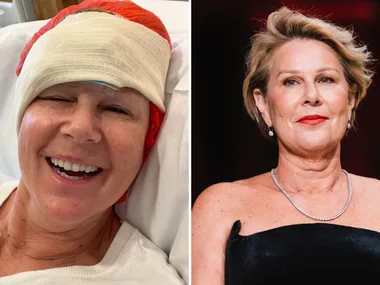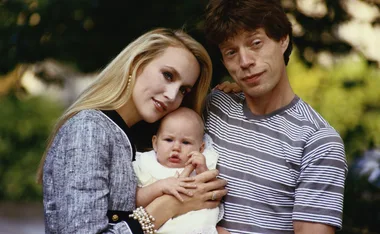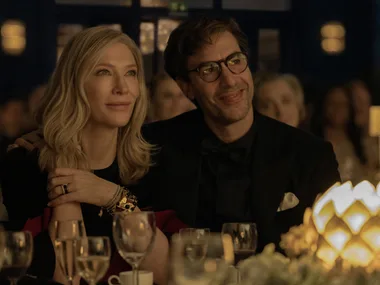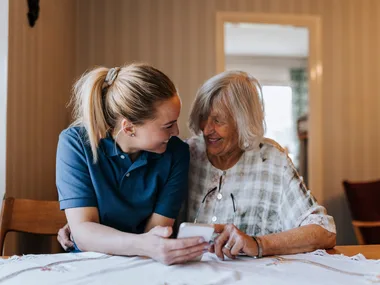You already know the basics for coping with stress — eating sensibly, getting enough rest and exercise, drinking less coffee and more water. But what about those subtle ‘energy vampires’, the thoughts and habits that make you feel joyless? Here are five lesser-known causes of exhaustion and what you can do about them.
- Connect with nature. Working and exercising under artificial light disrupts your natural rhythms. Spending time in nature, on the other hand, comforts your soul. Despite being surrounded by unimaginable despair, Anne Frank wrote, “The best remedy for anyone who is lonely, unhappy or afraid is to go outside and be with nature. Only then does one feel that all is as it should be.” Take a walk first thing in the morning, near trees if possible. Feel the sun on your face, go barefoot whenever you can, and plan weekend bushwalks or camping trips.
- Pick a flower. The flower essence centaury is helpful for people who are easily drained by the demands of others. Dr Edward Bach wrote, “Such people are good-natured but over-accommodating. They spend too much time helping others and neglect themselves in their desire to please.” If you find it difficult to say “No”, this essence will encourage you to set boundaries.
- Help something grow, whether it’s a child in the Third World, a rescue animal, or a rosebush. To feel fully alive, you need a sense of meaning, a belief in things that are bigger than yourself. The poet Emerson wrote, “It is one of the most beautiful compensations of life that no man can help another without helping himself.” Your spirit is enriched when you give of yourself in a practical way, no matter how small.
- Breathe deep. When you are stressed you breathe shallowly, using less than half of your lung capacity; plus, sitting for long periods causes carbon dioxide to build up in your body, which makes you sluggish. Together, these result in inadequate oxygen for metabolism, which is how your body produces energy. The ‘breath of fire’ is a yoga exercise that helps expand your breathing capacity. Breathe in deeply through your nose, then exhale using 15 short, sharp bursts, clenching your intercostal muscles (between your ribs)to expel more air from your lungs. Repeat three times.
- Go on a media diet. Research from the University of California should ring alarm bells with anyone who feels overwhelmed trying to keep up with news updates, web gossip, Twitter, blogs, emails, e-adverts and alerts. This digital flood is making us apathetic and detached, says study author Dilip Jeste, who calls it the “Yeah — whatever” response. Solution? Be selective about Internet use. Turn off the TV. Stimulate your mind with puzzles and conversation; find insight by writing in your journal; get grounded with a simple daily routine of yoga and quiet contemplation.








































